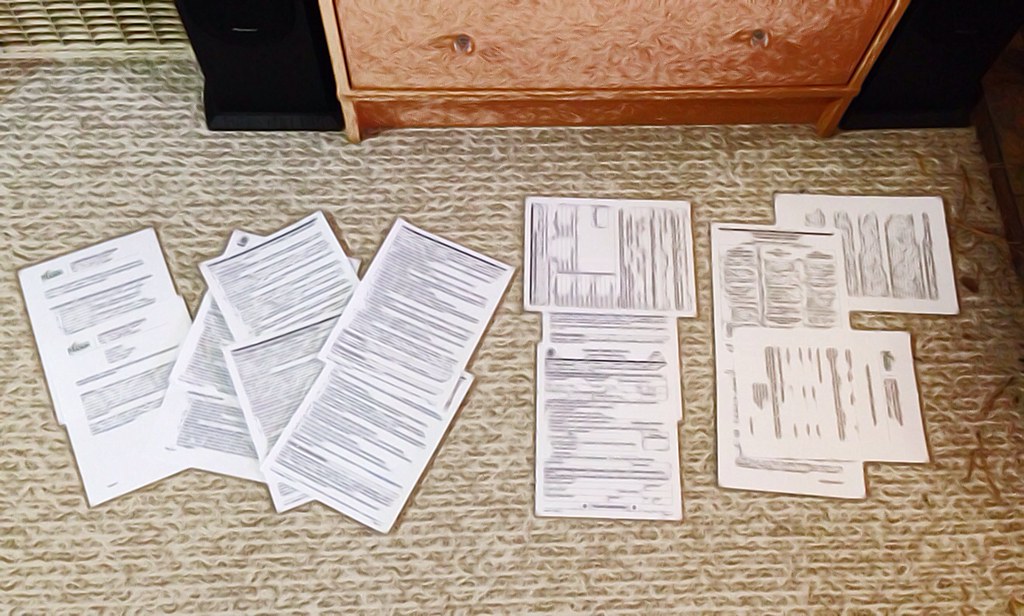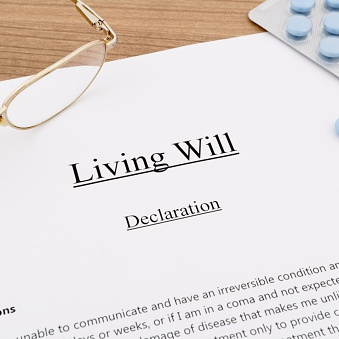
Insurance Costs Under Review: Government Publishes Response on Permitted Insurance Fees
As part of the Leasehold and Freehold Reform Act 2024, the government has proposed introducing new regulations to define what landlords and managing agents can charge leaseholders in connection with arranging building insurance.
A consultation was launched in December 2024 to seek views on what should constitute a “permitted insurance fee.” The government’s formal response was published on 11 July 2025.







